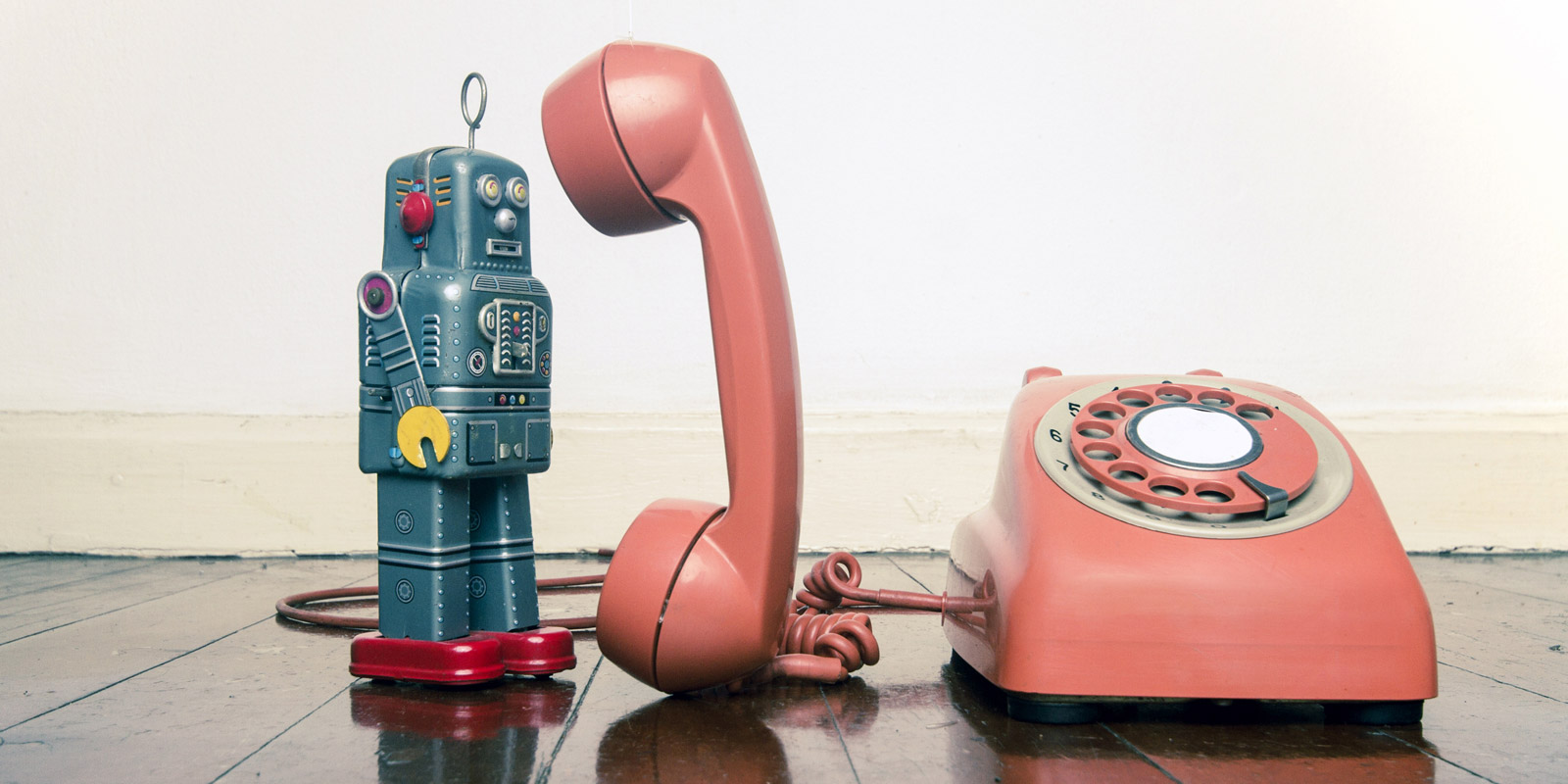By limiting unnecessary human involvement in business processes and therefore the scope for human error, automation has transformed the way brands conduct their business. Embodying intuitive techniques in the algorithms used to target prospective leads and retain existing customers, process automation in a business can positively impact.
The progression of automation has also revolutionised the productivity of brands. However, although less capital is expended through the adoption of algorithms and greater efficiency, the value of intangibles associated with good interpersonal communication cannot be overestimated or altogether replicated. Good managers must recognise that the threat of automation can leave employees feeling worried about their jobs. Faceless automation may have countless advantages, but when automation fails to solve a customer issue, a customer's frustration dealing exclusively with impersonal robotic interaction can cost a brand valuable exponentially.
During COVID, automation became increasingly necessary, with human resources increasingly limited and social distancing limiting human involvement in business processes. Consequently, automation and the associated algorithms became increasingly useful for a range of businesses. Saving time, money and manpower, automation has helped create a better user experience, allocating resources more effectively by replacing repetitive, unstimulating jobs with job bots. However, productivity alone does not always result in increased profits. Successful businesses marry automation and personalisation, integrating both with transformational as a result. Appreciating the advantages and disadvantages of people vs robots can help to improve a companies performance.
Certain industries are more suited to automation than others and therefore may derive increased benefits as a result. Factory based, mass manufacturing companies can often replace manual labour with safer, more optimised automated production line processes. However, client-facing brands dominated by, for example, selling and telecommunications will quickly switch clients off with bots, with them potentially having a negative impact where the personal touch is required. Where need to know information can not be accessed directly from a person instead of a list of FAQs, the intense frustration brought about as a consequence can be a real turn off. Fully appreciating the flexibility and compassion personalisation offers, humans can be far more adaptable, better versed at responding to customers' evolving needs and demands.
Highly sophisticated technology can seem like an effective and efficient technique for improving productivity, however, such technology must be reliable. Technology is vulnerable to a range of issues, from hacking to crashing. If a strong team is integrated with automated systems, a company can be agile, reliable and robust. The introduction of automation should be incremental to ensure adjustments work for the brand's team its clients. Bots and humans should be updated constantly to keep on top of the evolving needs of a companies targeted audience.
Slowly introducing automation with sensitivity will help to familiarise your workers with new automated systems in order to reassure workers that it is being implemented to simultaneously improve both a brands image and day to day efficiency. After all, your workers are responsible for overseeing the technology responsible for automation, the effective management of the bots and automation should be seamlessly incorporated into the workflow. Getting your team on board with the brand's transformation can mean offshore capabilities may be repatriated, along with self-service and virtual services becoming more accessible, trusted and streamlined. Alongside this, staff will be trained more comprehensively with new technology, opening opportunities to new prospects and career pathways.





